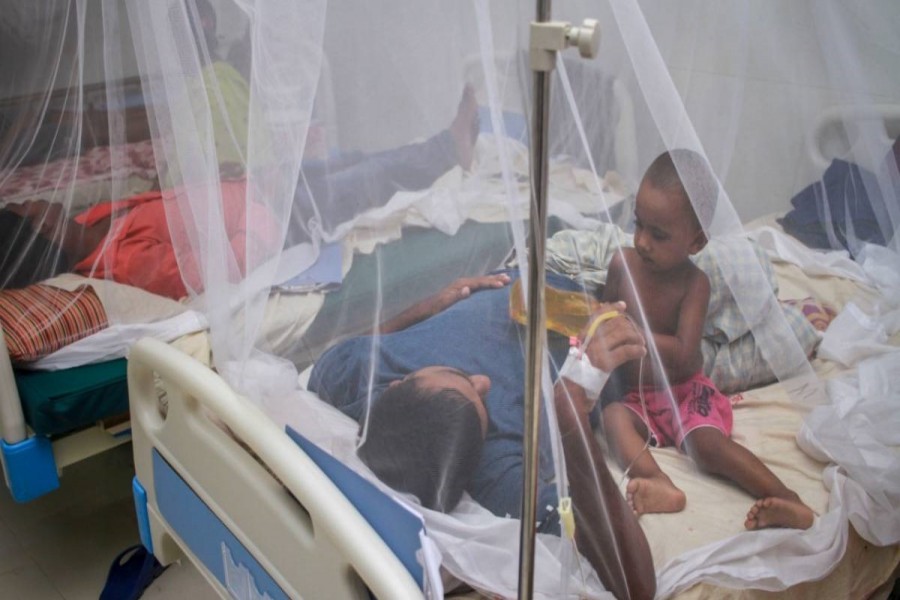
Published :
Updated :

While the abundance and variety of tropical fruits give us extra-ordinary delight, we do also confront a lot of health hazards during the season. As this season brings in monsoon, flooding and water stagnation become usual scenario. With it comes a spike in water borne diseases like diarrhoea, malaria etc. Added to this is the dengue which can become outrageous. Fingers are not to be pointed at the rain and flood but the overall hygiene management that includes waste management of the fruit debris which tend to be the breeding grounds of mosquitoes and as such the diseases like dengue.
In fact, mango skins or jackfruit or green coconut shells are the biggest breeding grounds of mosquitoes. Their concave shapes are convenient water holds. As per our undying habits, we litter away this debris after use without considering the probable hygienic hazards. The municipal authorities have greatly improved their skills and facilities to deal with the challenging task of waste management and disposal. However, by the time the waste is taken away, the mosquitoes have already made their fiesta. As a result, we see a prompt graphical elevation in the increase of dengue affected people, whether in urban or rural areas. It is no more a municipal responsibility but a national health hazard.
A similar situation is being confronted in Malaysia and Singapore recently where the popular fruit durian is said to be causing all worries. There has been a steep rise in dengue patients in Malaysia in the recent weeks, almost 200 per cent over the last year. According to media reports in Malaysia, the climate change impacts in brewing increased heat, humidity and rain patterns are propelling the huge spike in mosquito-borne dengue fever affected people. Authorities fear that with the durian season coming up in next few weeks, the situation will aggravate and become serious because a correlation has been found between dengue and thrown away durian shell after use. Despite the fact Malaysia has a developed municipal cleansing operation, worries are mounting about dealing with the durian waste and the authorities are believed to be enforcing use of shredders at household or community level so that the concave shaped shell does not become the source of Aedes breeding.
In Bangladesh too, being affected by similar climatic variations of stretched summer and rainfall, the situation should prompt proper actions. Country's noted entomologists have already predicted a manifold increase in number of dengue affected people during the upcoming months. Last year, over two hundred people died due to dengue across the country. With monsoon drawing in and a wide spate of construction activities going on throughout the country, the chances of rain water accumulation are obviously massive. Our habits and practices of littering used plastic bottles and containers already ramp up the waste sites enabling a perfect breeding ground for Aedes larvae. Added to these will be the peels and shells of mango, jackfruit, melons etc. Neither our municipalities have the required skills, capacity and facilities to deal with such a hazardous situation.
Perhaps, it is time we need to fasten our belts to face an unwarranted epidemic caused by dengue. We have all the vulnerabilities to be a dengue hotspot. While the municipal and health authorities must draw up emergency plans, there should be a massive campaign to educate people about dealing with the waste, particularly the tropical fruit shells and the plastic containers as well. All these have the lurking potentials to trap us in a worrying health situation, much like that of cholera in the past and Covid 19 in the recent years.
The writer is a freelancer.
mohicsr@gmail.com


 For all latest news, follow The Financial Express Google News channel.
For all latest news, follow The Financial Express Google News channel.